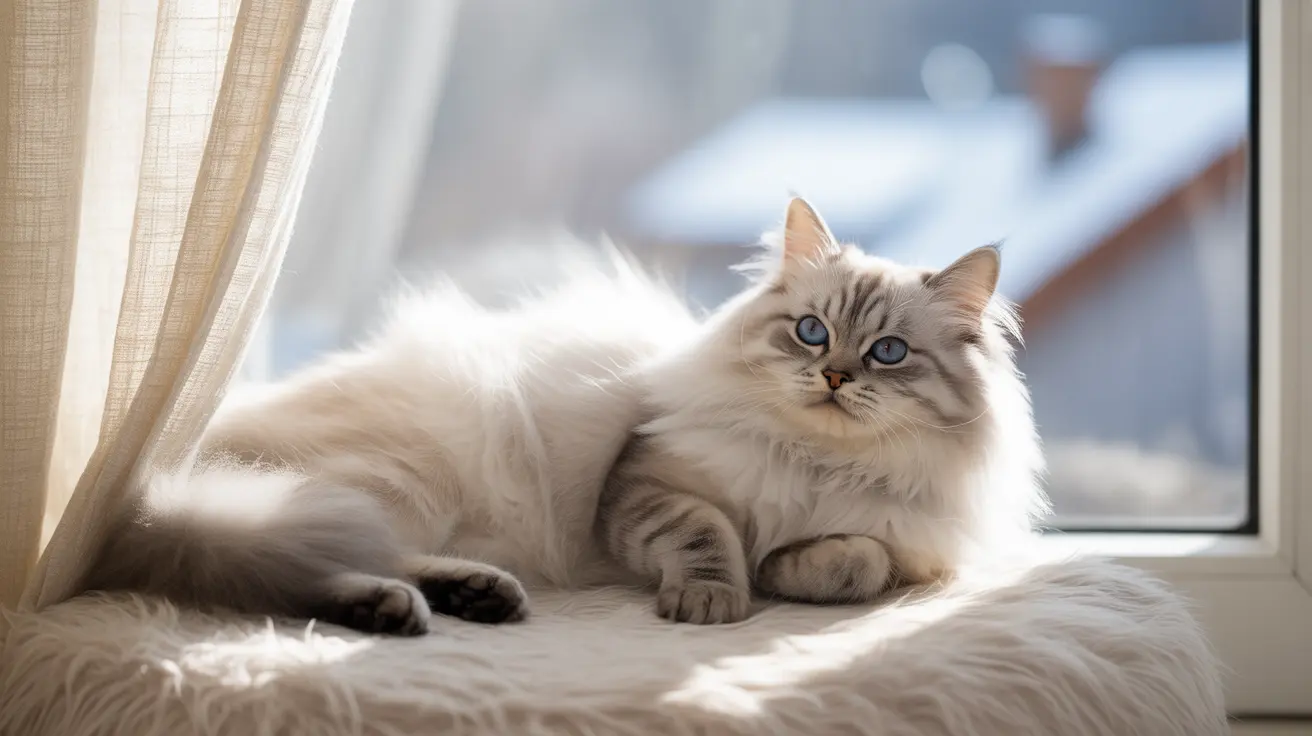The Evolutionary Basis of Feline Routines
Wild cats, the ancestors of our domestic companions, survived through strictly regulated daily patterns of hunting, eating, and resting. This biological programming remains deeply ingrained in modern house cats, manifesting as a strong preference for predictable daily schedules.
Research shows that cats don't perceive time through clocks like humans do, but rather through episodic memory and environmental cues. These cues help them anticipate and prepare for important daily events, such as feeding times or play sessions.
The Role of Routine in Cat Well-being
A consistent routine provides cats with a sense of security and control over their environment. When cats can predict what happens next, they experience less stress and anxiety, leading to better overall health and behavior.
Regular schedules for feeding, playing, and sleeping help maintain their biological rhythms and support proper digestion, sleep patterns, and emotional stability. This structured environment allows cats to feel safe and confident in their territory.
Critical Components of a Cat's Daily Schedule
Feeding Times
Consistent meal times are perhaps the most important aspect of a cat's routine. Regular feeding schedules help prevent obesity, reduce begging behaviors, and support healthy digestion. Most veterinarians recommend feeding adult cats twice daily at the same times.
Activity and Play Sessions
Regular play sessions help cats maintain physical and mental health while satisfying their natural hunting instincts. Scheduling these sessions at the same time each day helps cats manage their energy levels and reduces nighttime activity.
Rest Periods
Cats typically sleep 13-19 hours per day, and they prefer to do so according to a consistent pattern. Respecting these rest periods helps prevent irritability and stress-related behaviors.
Impact of Routine Disruption
When a cat's routine is disrupted, it can lead to various behavioral and health issues. Common signs of stress from schedule changes include:
- Inappropriate elimination
- Excessive vocalization
- Increased aggression
- Changes in appetite
- Excessive grooming
- Hiding or withdrawal
Creating and Maintaining a Healthy Routine
Establishing a consistent routine for your cat doesn't mean becoming rigid in your lifestyle. Instead, focus on creating predictable patterns around key daily activities:
- Set regular meal times
- Schedule consistent play periods
- Maintain regular litter box cleaning times
- Create designated quiet periods for rest
- Keep consistent wake and sleep times
Frequently Asked Questions
Why do cats prefer a consistent daily routine?
Cats prefer consistent routines because it gives them a sense of security and control over their environment. This preference is rooted in their evolutionary history as hunters who relied on predictable patterns for survival.
How does a routine help reduce stress and anxiety in cats?
Routine reduces stress by making the environment predictable and controllable. When cats know what to expect, they feel safer and more confident, leading to decreased anxiety levels and fewer stress-related behaviors.
What are common signs that a cat's routine has been disrupted?
Common signs include changes in eating habits, inappropriate elimination, increased vocalization, aggressive behavior, excessive grooming, and hiding or withdrawal from normal activities.
How can I create and maintain a perfect routine for my cat's feeding and playtime?
Establish consistent times for meals and play sessions, spacing them throughout the day. Start with two main meal times and 2-3 play sessions daily, adjusting based on your cat's preferences and energy levels.
Why do cats wake their owners at the same time every day?
Cats wake their owners at consistent times because they've learned to associate this action with receiving food or attention. Their internal biological clock and ability to track routines make them excellent at maintaining this schedule.
Understanding and supporting your cat's need for routine can lead to a happier, healthier pet and a more harmonious household. By maintaining consistent patterns in daily activities, you can help your feline friend feel secure and content in their environment.






